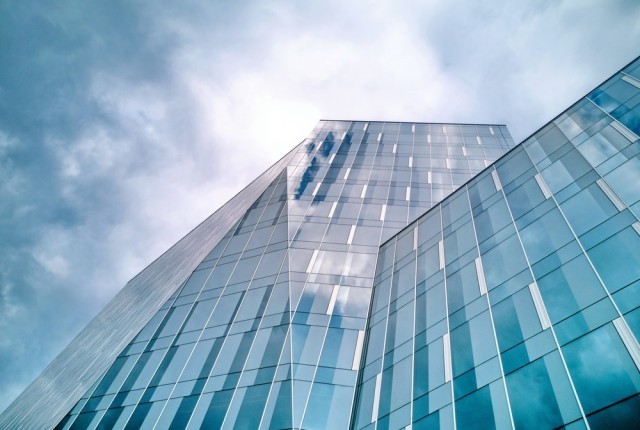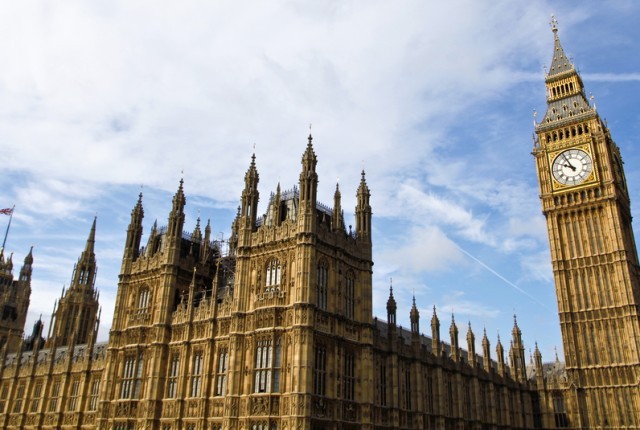

UK inflation down, but food prices remain high…
In the UK, the rate of increase in prices slowed for the second consecutive month, but the cost of food, including milk, cheese, and eggs, remained at a 40-year high.
The rate of inflation, as measured by the increase in prices, decreased to 10.5% for the year ending December, from 10.7% in the previous month of November.
Despite a decrease in fuel costs, food prices continued to soar, reaching their highest level in 44 years.
Prices in restaurants and hotels experienced an unprecedented surge in December, along with a notable increase in travel.
Millions of people are struggling to afford the rising cost of living, which has increased steadily as Covid-19 restrictions have been lifted and tensions between Russia and Ukraine have escalated.
The biggest price hikes were seen in staples like milk, cheese and eggs. Similarly, the cost of sugar, jelly, honey and chocolate rose as did soft drinks and juices; however, the rate increase slowed for breads and grains.
Inflation is the rise in the cost of goods and services over time. The Office for National Statistics (ONS) tracks the prices of various common products to determine inflation.
If inflation falls, it indicates that the rate of increase in prices has decreased. It does not necessarily mean that the prices of goods and services have gone down.
Some analysts believe that the rate of inflation may have reached its peak and may now be beginning to slow down. In October it reached the highest level of 11.1%.
But even at 10.5%, the inflation rate in the UK is still significantly higher than the 2% target set by the Bank of England.
The Bank of England has been increasing interest rates since December 2021 to curb inflation. The current interest rate is 3.5%. The bank’s next rate-setting meeting will take place in February.
If you need to seek financial help for your business, email [email protected], call 0115 958 6872 or fill in an enquiry form below.
Have Any Questions?
Qualified Team Available
Related Articles

The Bank of England has announced that base rates have been cut to 3.75%.

The Autumn Budget 2025 has been announced. Here are the key points.

MAF Finance Group has been awarded Asset Finance Broker of the Year in the Leasing Foundation's Going Further Awards 2025.
